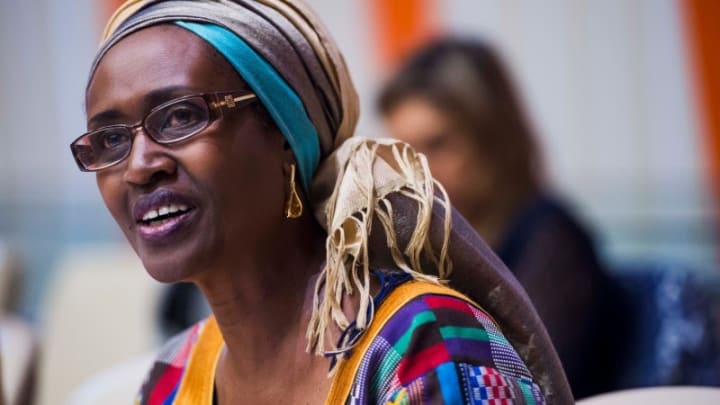
Generation Equality? Trends from a decade of donor funding for SRHR
We still have a long way to go to achieve universal SRHR for people around the world.
Of all the plans laid out in the Sustainable Development Goals (SDGs), SDG 5 ("Achieve gender equality and empower all women and girls") is one of the most ambitious. Throughout human history, half of the world’s population has been counted out, their intellectual and economic contributions disregarded, their bodies abused and commodified. Considerable progress has been made towards empowering women globally to live their lives autonomously. Since the adoption of the 1995 Beijing Platform for Action, 131 countries have enacted 274 laws and regulations in support of gender equality. More girls than ever before are in school, and maternal mortality rates have fallen by 38% globally. Still, massive challenges remain. Nowhere in the world are women born into full equality and, in many places, to be born female is to be born a second-class citizen.
MORE






